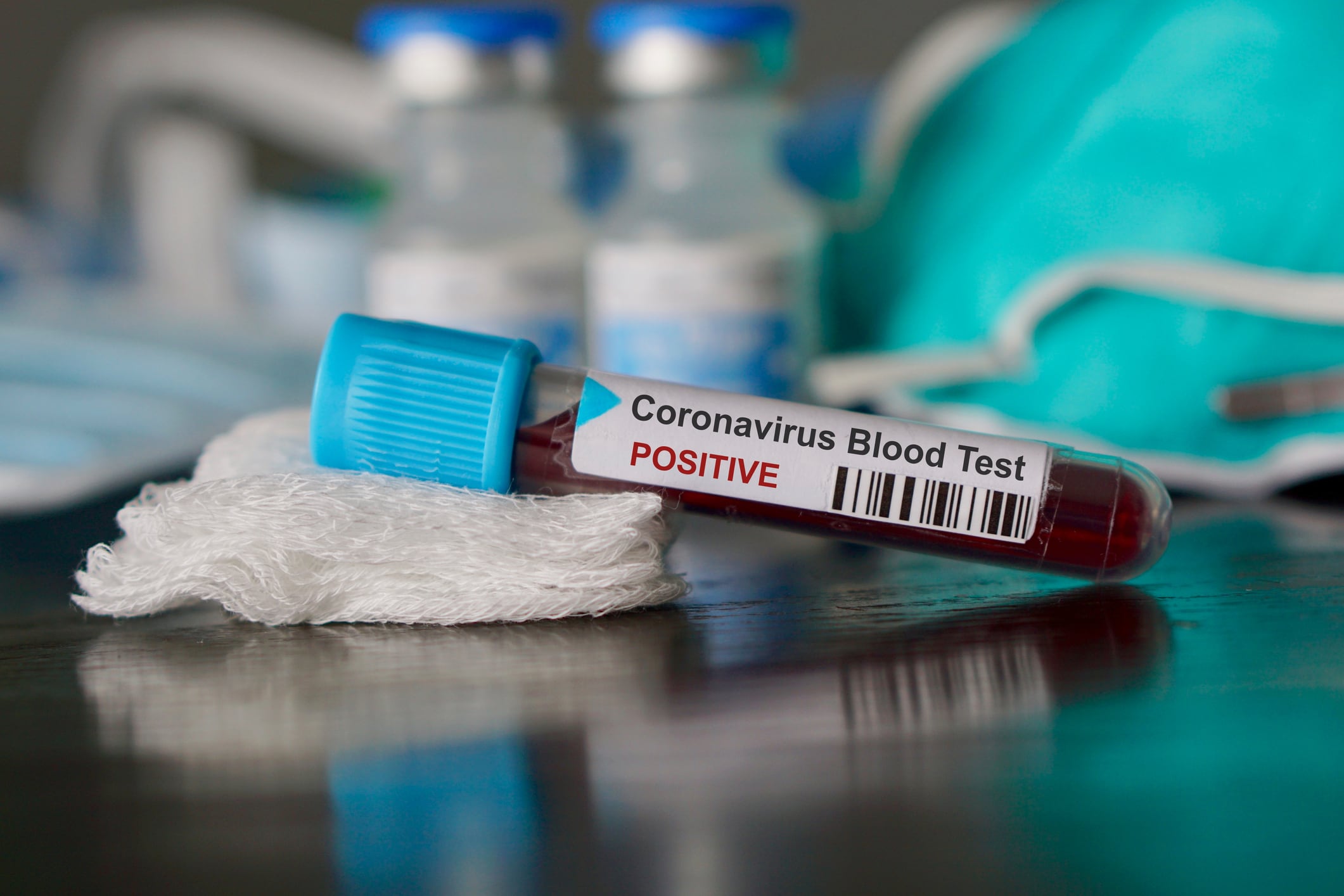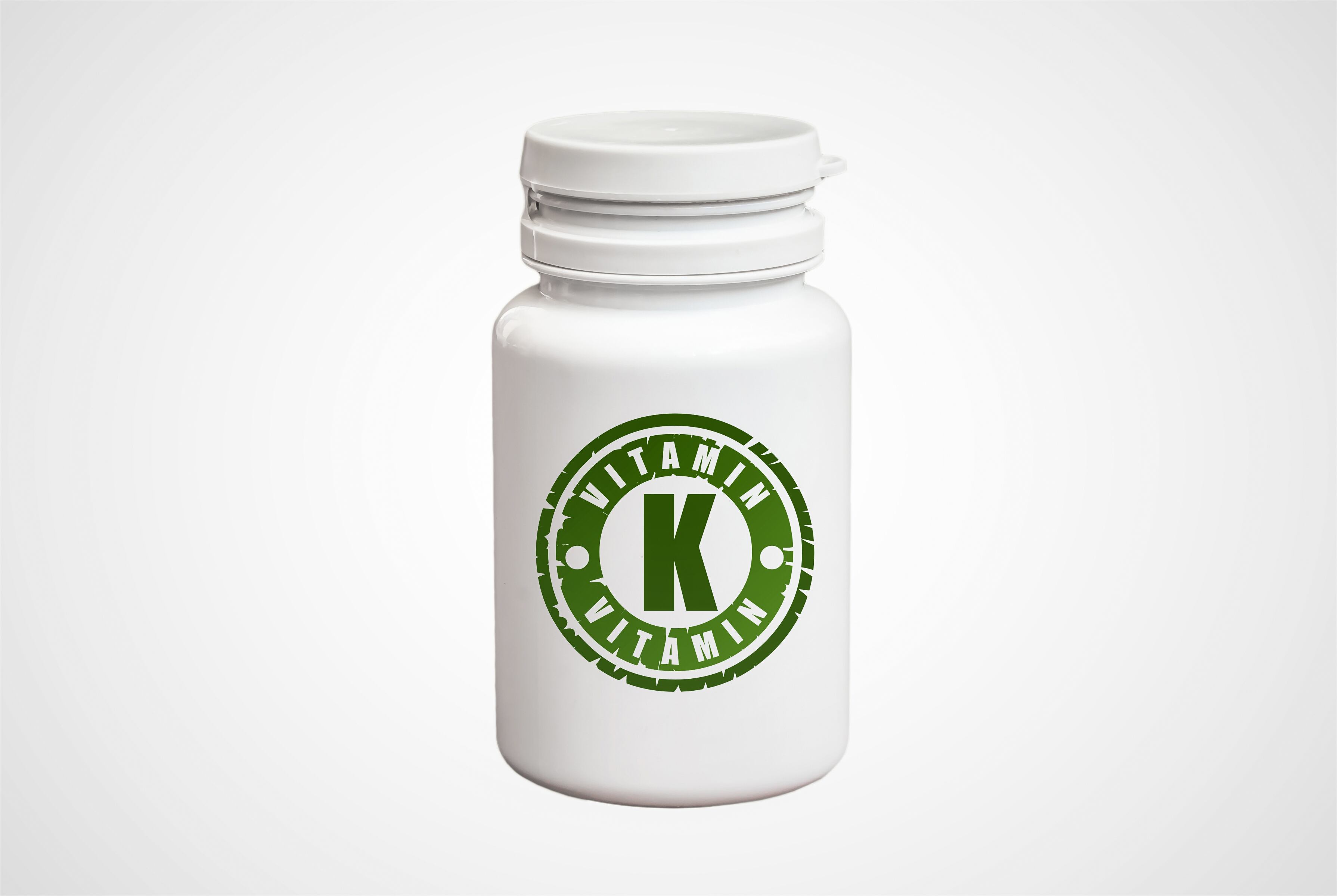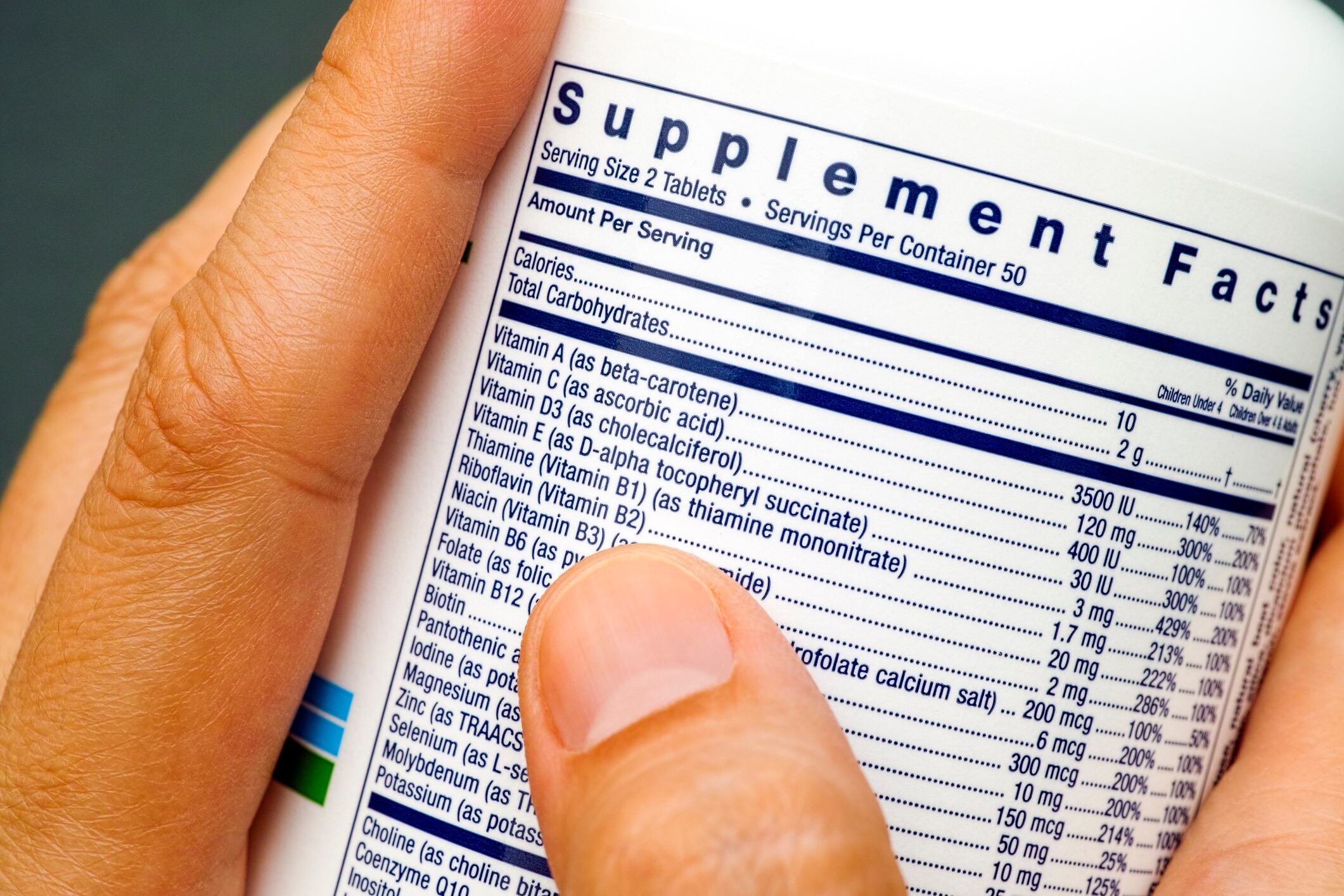Initial data has shown a significant correlation between serum K2 status and the severity of COVID-19. Leading a team from the Bispebjerg and Frederiksberg Hospital (Denmark), in collaboration with the K2 MK-7 ingredients producer Kappa Bioscience, to investigate the hypothesis that low vitamin K status could be a common characteristic of hospitalized COVID-19 patients, and discover whether low vitamin K status may predict mortality in those patients.
Vitamin K2 status (measured as dephosphorylated-undercarboxylated matrix Gla protein – dp-ucMGP) was analyzed in 138 COVID-19 patients, and compared to a control group of 138 persons from the general population, matched for similar age distribution.
Results indicated that vitamin K2 status was significantly lower COVID-19 patients, compared to the control population.
Forty three of the hospitalized patients with COVID-19 died within 90 days from admission. Survival analysis showed that low vitamin K2 status was associated with a higher mortality risk.
A Kaplan-Meier plot of the cumulated risk of death stratified by dp-ucMGP levels was created and the results suggested mortality among COVID-19 patients is strongly dependent on vitamin K2 status.
“Although this association was partly explained by increasing co-morbidity with decreasing vitamin K status, these findings suggest that vitamin K could play a role in the disease mechanisms in COVID-19,” the authors note.
Professor Allan Linneberg, MD, PhD, Director of Center for Clinical Research and Prevention who led the research, explains: “It is hypothesized that in a state of severe vitamin K deficiency, the intrahepatic vitamin K-dependent activation of prothrombotic proteins is prioritized on the expense of peripheral activation of vitamin K-dependent proteins, such as the antithrombotic protein S, and calcification-inhibitory MGP.
"In addition, this may increase calcification and subsequent degradation of elastic fibres in lung tissue, leading to more severe lung damage in COVID-19 patients.”
Because of their structural differences, vitamin K1 and K2 have different outcomes in the body. Vitamin K1 is preferentially absorbed in the liver, whereas K2 is left available for extrahepatic tissues.
The researchers note the observational study design did not allow them to draw definite conclusions regarding causality. Randomized trials are needed to document the potential beneficial effects of vitamin K supplementation on the course of COVID-19 disease.
They also note that high levels of dp-ucMGP have been associated with other conditions, such as cardiovascular disease and diabetes, which are also associated with poor outcomes of COVID-19, and could act as confounders. What's more, low kidney function (eGFR) was associated with low vitamin K status (high dp-ucMGP) in this patient population and adjustment for renal function did cause attenuation of the association between vitamin K status and mortality. This may suggest that impaired kidney function is involved in the disease mechanisms linking vitamin K to poor outcome of COVID-19 or low vitamin K status and COVID-19 association could be explained by impaired kidney function.
As such, Professor Linneberg says randomised, double-blind placebo-controlled clinical trials are now needed to document potential beneficial effects of vitamin K2 supplementation on the course of COVID-19.
Mechanism of action
Vitamin K is an essential vitamin for the activation of blood clotting factors and several other proteins, indicating that vitamin K has effects on coagulation, bone formation and the inhibition of calcification in arteries.
Vitamin K serves as a co-factor for the enzyme γ-glutamate carboxylase that converts glutamate residues into γ-carboxyglutamate (Gla). These Gla residues serve as calcium-binding groups, which are essential for the activity of all Gla-containing proteins.
Low vitamin K status is associated with increased blood levels of desmosine, a biomarker of degradation of elastic fibers in the lung tissue, suggesting that low vitamin K status could increase the rate of degradation of elastic fibers during severe COVID-19. It has been hypothesised that this increased degradation of elastic fibers in the lungs could be due to a lack of activated MGP, which is known to protect extracellular matrix proteins such as elastic fibers from calcification and subsequent degradation.
MGP is the strongest known inhibitor of tissue calcification in the arterial vessel wall and thus, prevents arterial calcification. MGP is also highly expressed in the lungs and degradation of elastic fibers in the lungs stimulates calcification of elastic fibers.
A rising calcium content of the extracellular matrix stimulates the local synthesis of MGP to prevent calcification of the elastic fibers. However, MGP is synthesized as dp-ucMGP, and needs activation by vitamin K-dependent carboxylation to be able to protect elastic fibers in the extracellular matrix from calcification. These processes could create, or exacerbate, a pre-morbid, vitamin K deficit during severe disease and increased demand of vitamin K.
Vitamin K is also essential for carboxylation of antithrombotic proteins (e.g., Proteins S, Protein C). The prothrombotic proteins and Protein C are almost exclusively hepatic proteins, whereas approximately 50% of Protein S is extrahepatically (outside the liver) synthesized and activated by vitamin K, and MGP is primarily synthesized and activated extrahepatically.
During a state of vitamin K deficiency (such as when increased vitamin K is used during acute illness) vitamin K is primarily used for carboxylation of the prothrombotic coagulation factors in the liver and, to a lesser extent, for carboxylation of the extrahepatic vitamin K-dependent proteins, including MGP and the antithrombotic Protein S. It has been hypothesized that this could induce a prothrombotic state with increased blood clotting in peripheral tissues, as has been seen in COVID-19 patients.
Kappa Bioscience announced earlier this year the initiation of the first-ever clinical trial using their K2VITAL ingredient in COVID-19 patients. The interventional trial aims to discover whether supplementation with vitamin K2 MK-7 could reduce pulmonary damage and coagulopathy in patients with severe COVID-19. Results are expected later this year.
Source: Nutrients
Linneberg, A.; Kampmann, F.B.; Israelsen, S.B.; Andersen, L.R.; Jørgensen, H.L.; Sandholt, H.; Jørgensen, N.R.; Thysen, S.M.; Benfield, T.
"The Association of Low Vitamin K Status with Mortality in a Cohort of 138 Hospitalized Patients with COVID-19"





